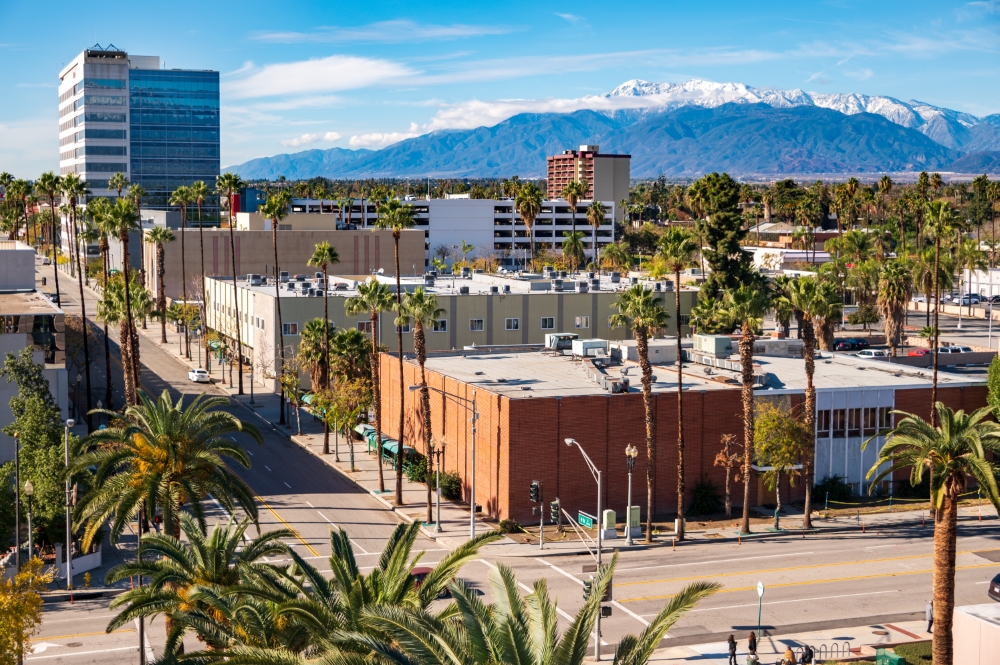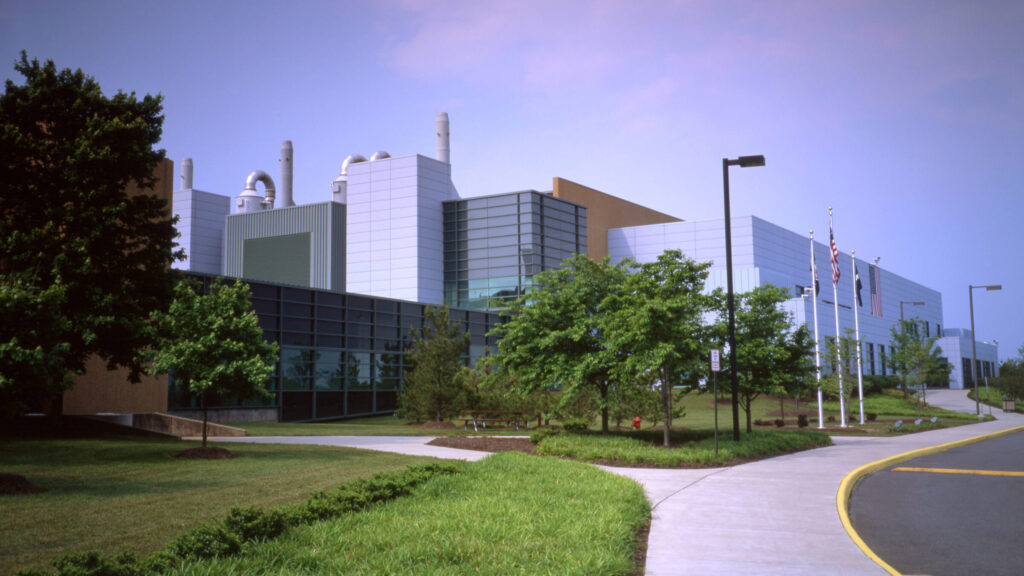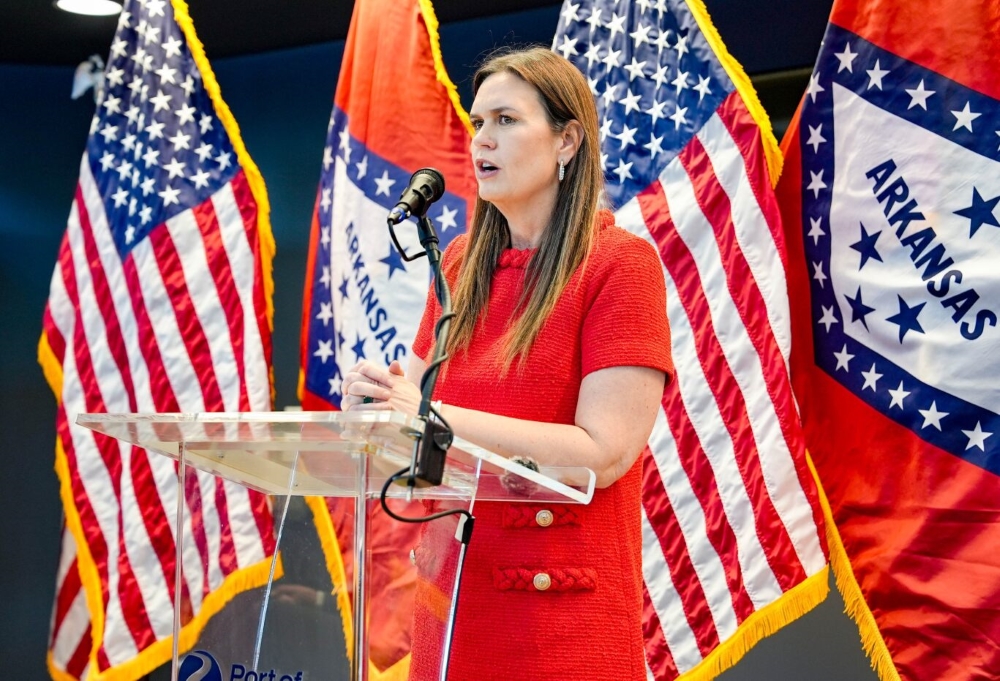|
|
|
|
|
|
|

Louisiana is all in for Meta’s data center project.
Photo courtesy of Entergy Louisiana
|
|
Data Centers Moving South
Once again demonstrating the power of power, a massive $10 billion project from Meta in the Mississippi Delta’s Richland Parish ‘changes the narrative’ for Louisiana.
|
|
|
Read More >>>>
|
|
|
|
|
|
|
|
|
|
|
|
|
|
|
ADVERTISEMENT

|
|
|
|
|
|
|
|
|
|
|
|
|

|
|
EXECUTIVE VOICES
The Business Case for Arkansas
Following in the footsteps of such Arkansas-based business legends as Sam Walton and J.B. Hunt, here, in their own words, is what some of today’s leaders say about why they chose to do business in Arkansas.
|
|
|
|
|
|
|
|
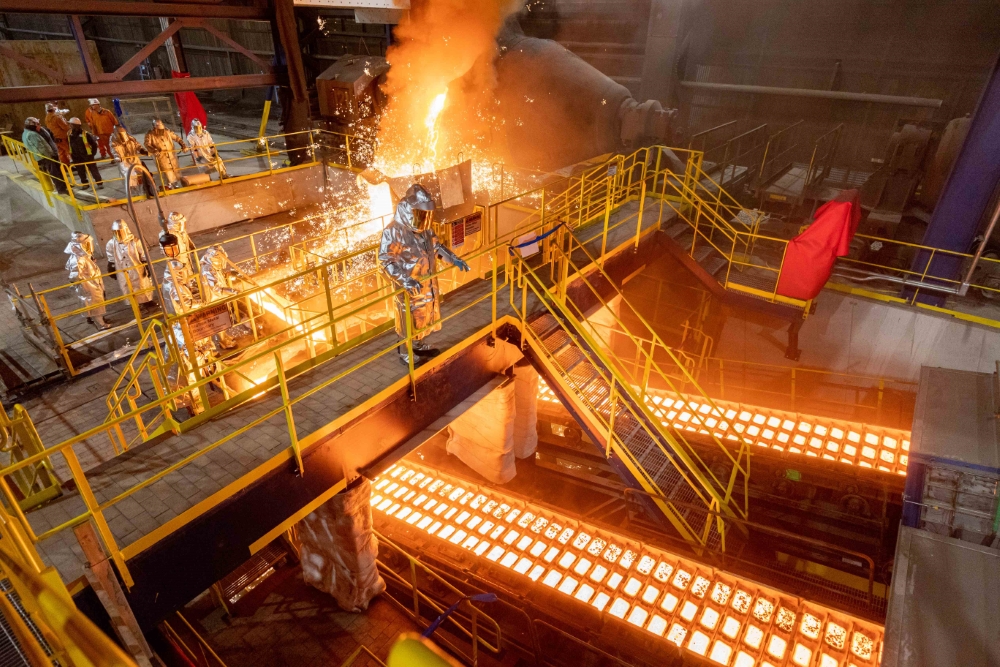
Employees work at the U. S. Steel Gary Works pig iron caster.
Photo courtesy of U. S. Steel
|
|
One of dozens of actions taken by the outgoing Biden administration that impacts industrial facility investment was the decision last Friday to block the planned acquisition of U. S. Steel by Japan’s Nippon Steel. The decision had to be made within 15 days after CFIUS (the Committee on Foreign Investment in the United States ) in December had referred the case to the White House after being unable to reach consensus. It came despite U. S. Steel’s announcement at 10:35 p.m. Thursday night — less than 30 minutes before the Washington Post broke the news that President Biden intended to block the transaction — that it would fund a workforce training center in western Pennsylvania with a multi-million-dollar grant.
“We need major U.S. companies representing the major share of US steelmaking capacity to keep leading the fight on behalf of America’s national interests,” said President Biden. “As a committee of national security and trade experts across the executive branch determined, this acquisition would place one of America’s largest steel producers under foreign control and create risk for our national security and our critical supply chains.”
The proposed transaction would have brought with it more than $2.7 billion in facility investment at U. S. Steel sites, including at least $1 billion to Mon Valley Works and approximately $300 million to Gary Works (pictured above).
For their part, the two companies did not hold back in response, saying the decision “reflects a clear violation of due process and the law governing CFIUS. Instead of abiding by the law, the process was manipulated to advance President Biden’s political agenda. The President’s statement and Order do not present any credible evidence of a national security issue, making clear that this was a political decision. Following President Biden’s decision, we are left with no choice but to take all appropriate action to protect our legal rights.”
That action occurred early this morning, as the companies filed lawsuits.
|
|
|
|
ADVERTISEMENT

|
|
|
|
|

|
|
Last week saw the Michigan-based Center for Economic Accountability (CEA) hand out its “Worst Economic Development Deal of the Year Award” to a stadium deal in North Carolina after naming a battery plant in its home state as the “winner” last year. Agree or disagree, the CEA’s analysis offers food for thought. The annual critique got its start in 2018 by naming Amazon’s HQ2.
As one might suspect, CEA President John C. Mozena looks askance at economic development subsidies for certain types of projects, including a number that Site Selection has recognized as Top Deals of the Year. As he told us in a May 2022 Online Insider titled ‘It’s Not Like They Need the Money,’ “I’ve called data centers one of the ‘three dumb things’ that states should just stop subsidizing entirely, along with stadiums and distribution centers.”
The stadium in question, constructed for the Carolina Panthers under then-owner Jerry Richardson, was originally financed privately in the 1990s, helped by the first implementation of the “permanent seat license” concept conceived by the late Max Muhleman, a sports marketing pioneer who died in December. It was also helped by financing arranged through Bank of America under Charlotte city father and now-retired Bank of America CEO Hugh McColl, who sat down for a conversation with Site Selection’s Gary Daughters in November 2023. In a January 2024 interview with the Charlotte Business Journal, McColl declined to offer an opinion of the city’s dealings with current Carolina Panthers owner David Tepper, but did offer, “I do think it’s important to our city to keep our football team. And I think we will.”
|
|
|
|
|
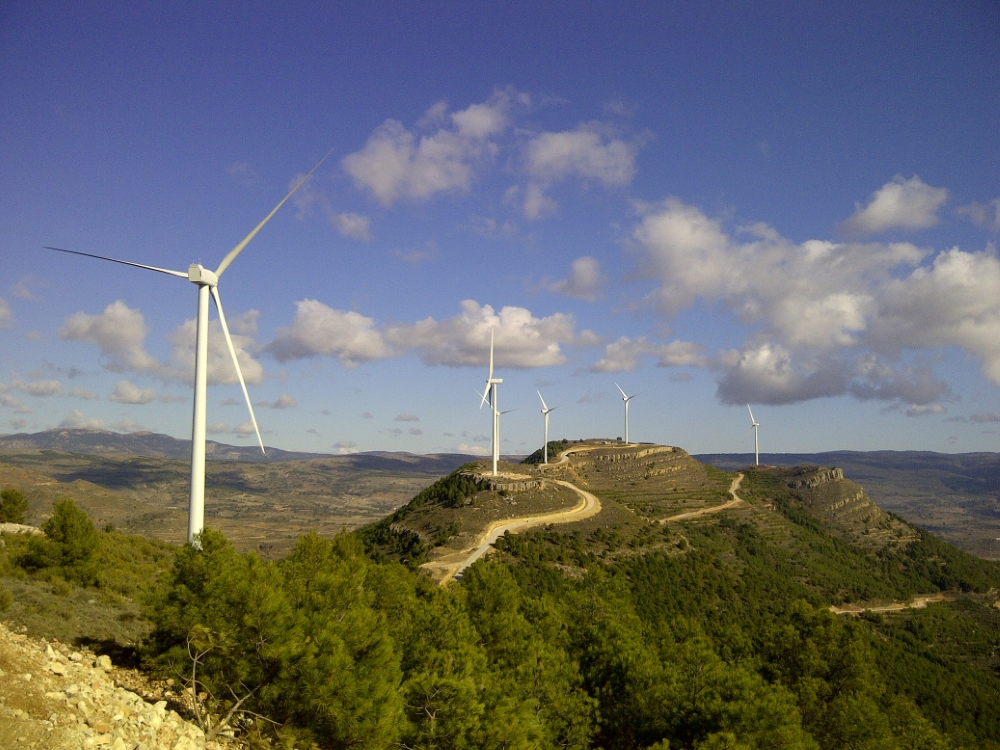
Photo courtesy of Masdar
|
|
Two days before Christmas, UAE-based Masdar completed two acquisitions in the Iberian Peninsula to advance its growth in Europe: Saeta Yield for “an enterprise value of €1.2 billion and an equity value of €696 million” from Brookfield Renewable Partners; and a 49.99% stake in EGPE Solar, a subsidiary of Enel Group’s Endesa, for an enterprise value of €817 million, and an equity value of €280 million. Saeta consists of a portfolio of 745 megawatts (MW) of predominantly wind assets, including the Cerro Negro wind farm pictured here, located in Aras de los Olmos in Valencia, Spain.
Masdar also acquired a majority share in TERNA ENERGY in Greece in November. “Saeta, TERNA ENERGY and the partnership with Endesa will play an important role in enhancing Masdar’s portfolio across Europe as it targets 100GW global capacity by 2030 in support of the energy transition,” said Masdar in a press statement.
|
|
|
|
|




